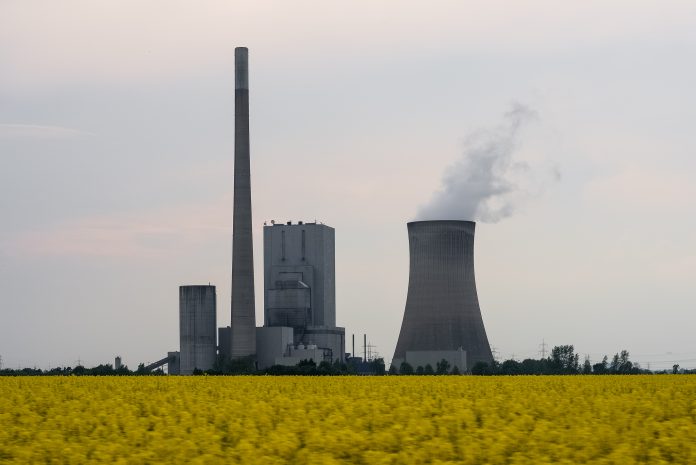The world remains on the track to catastrophic global warming. A new report warns that global carbon emissions will jump to a record high in 2018.
The research by the Global Carbon Project was launched at the UN climate summit in Katowice, Poland, where almost 200 nations are working to turn the vision of tackling climate change agreed in Paris in 2015 into action.
As reported by The Guardian, the report estimates CO2 emissions will rise by 2.7% in 2018, sharply up on the plateau from 2014-16 and 1.6% rise in 2017.
“The global rise in carbon emissions is worrying, because to deal with climate change they have to turn around and go to zero eventually,” said Prof Corinne Le Quéré, at the University of East Anglia, who led the research published in the journal Nature. “We are not seeing action in the way we really need to. This needs to change quickly.”
Almost all countries are contributing to the rise, with emissions in China up 4.7%, in the US by 2.5% and in India by 6.3% in 2018. The EU’s emissions are near flat, but this follows a decade of strong falls.
The current Paris agreement pledges from nations will only limit global warming to 3C, while even a rise of 1.5C will be disastrous for many people, according to the world’s scientists.
Le Quéré said: “I hope that by 2020, when [governments] have to come back with stronger commitments, we will then see a turning point.”
Speaking to The Guardian, David Reay, a professor at the University of Edinburgh, UK, said: “This annual balance sheet for global carbon is comprehensive and scientifically robust. Its message is more brutal than ever: we are deep in the red and heading still deeper. For all our sakes, world leaders must now do what is required.”
Antonio Marcondes, Brazil’s chief negotiator at the UN summit the global rise in emissions, said the situation is very concerning even in rich, developed nations. “Emission reductions are like credit-card debt: the longer they are put off, the more expensive and painful they become.”

